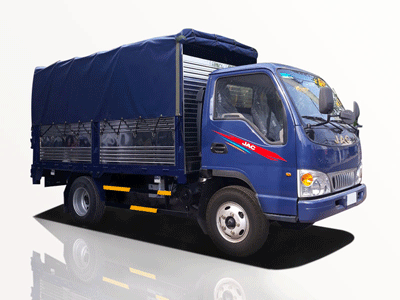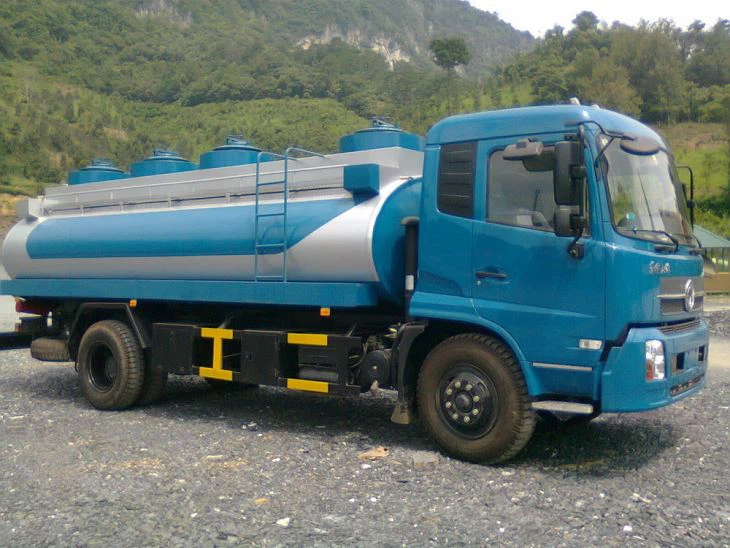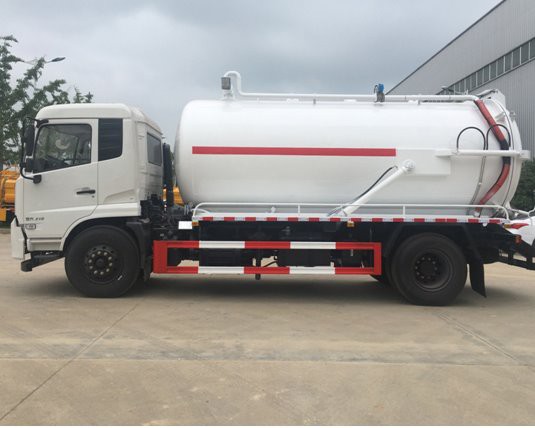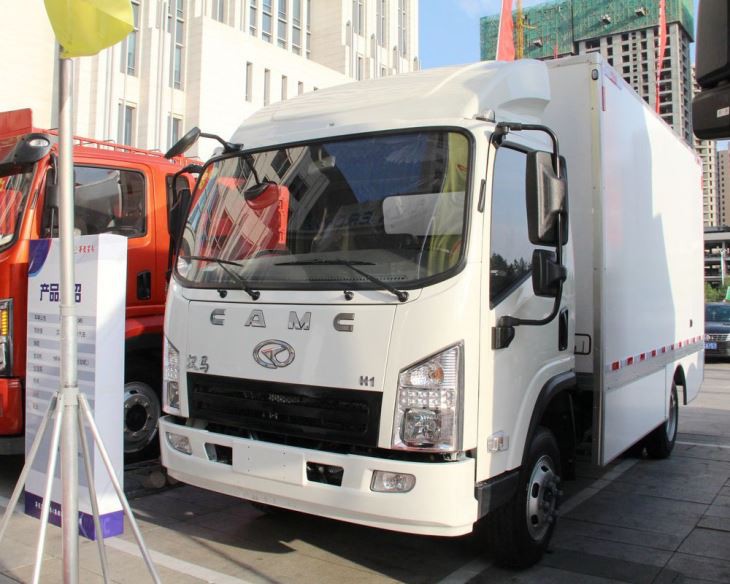Introduction
Water hauling trucks play a critical role in various industries by transporting large volumes of water to designated locations. From agricultural irrigation to firefighting and construction, these specialized vehicles ensure that water is available when and where it is needed. This article serves as a comprehensive guide to understanding water hauling trucks, their types, uses, maintenance, and much more.
Types of Water Hauling Trucks
1. Vacuum Trucks
Vacuum trucks are specially designed to suck up water and other liquids. They are equipped with powerful pumps and tanks that can hold significant quantities of water. Vacuum trucks are commonly used in waste removal, but they are also effective for hauling fresh water.
2. Tanker Trucks
Tanker trucks come in various sizes and configurations, equipped with large tanks that can carry water. They often feature pumps that allow for controlled dispensing of water on-site. Tanker trucks are versatile and are frequently used for agricultural, construction, and emergency services.
3. Flatbed Trucks with Water Tanks
Flatbed trucks can be modified to carry water tanks. This configuration is often utilized for transporting water to remote locations where accessing standard water sources can be challenging.
Applications of Water Hauling Trucks
1. Agriculture
In the agricultural sector, water hauling trucks are essential for irrigation. They transport water from lakes, ponds, or municipal sources to farms, ensuring that crops receive the necessary hydration.
2. Construction Sites
Water is crucial for various construction activities, including concrete mixing and compaction. Water hauling trucks deliver this essential resource directly to construction sites, saving time and ensuring projects stay on schedule.
3. Emergency Services
During emergencies such as forest fires, water hauling trucks are vital for firefighting efforts. They transport water to areas where hydrants are not available, enabling firefighters to combat flames promptly.
4. Residential Delivery
In areas where municipal water supplies are inadequate, water hauling trucks provide an essential service by delivering fresh water to homes and businesses, especially during drought conditions.
Components of a Water Hauling Truck
1. Tank
The tank is the most crucial component of a water hauling truck. Tanks can vary in size, usually ranging from 1,000 to over 6,000 gallons, depending on the vehicle’s capability. Materials used for tanks include aluminum and steel for durability and corrosion resistance.
2. Pump System
A high-quality pump is vital for loading and unloading water quickly and efficiently. Many water hauling trucks use centrifugal pumps for their reliability and effectiveness in various applications.
3. Hoses and Fittings
Durable hoses and fittings are essential for dispensing water. These components must be capable of handling high water pressures while remaining flexible enough for easy maneuvering.
4. Chassis
The truck’s chassis must be robust enough to handle the weight of the water load. A well-designed chassis ensures safety and stability during transportation.
Maintenance of Water Hauling Trucks
1. Regular Inspections
Conduct regular inspections to ensure all components are functioning efficiently. Check the tank for leaks, pumps for performance, and hoses for wear and tear.
2. Cleaning the Tank
Regularly clean the water tank to prevent algae growth and contamination. A clean tank ensures that the water delivered is safe for use, particularly for residential applications.
3. Oil Changes and Fluid Checks
Routine oil changes and fluid checks for the engine and pump systems are vital for the longevity of your water hauling truck. Following the manufacturer’s guidelines will help maintain optimal performance.
Choosing the Right Water Hauling Truck
1. Evaluate Your Needs
Determine the primary purpose of your water hauling truck. Are you hauling water for agriculture, construction, or emergency services? Knowing your needs will guide your selection process.
2. Consider Tank Size
Choose a tank size appropriate for your operations. Larger tanks can haul more water at once but may be more challenging to maneuver in tight spaces.
3. Check Local Regulations
Familiarize yourself with local regulations concerning water transport. Regulations can vary significantly by region and may impact the type of truck you can operate.
Cost Considerations
1. Purchase Price
The price of water hauling trucks varies widely based on type, size, and features. Budgeting for your purchase should not only include the upfront cost but also potential upgrades and maintenance expenses.
2. Operating Costs
Consider fuel efficiency and insurance costs when budgeting for your water hauling truck. Regular maintenance is also a significant ongoing expense.
Best Practices for Water Hauling
1. Load Management
Ensure that your truck is loaded correctly. Avoid overloading to prevent damage to the vehicle and ensure safety on the road.
2. Safe Driving Techniques
Adopt safe driving techniques, especially when loaded. Take turns slowly and brake moderately to prevent water slosh that could destabilize your vehicle.
3. Water Source Integrity
Always source water from safe, clean areas. Be aware of contamination risks and adhere to local water quality regulations.
Fulfilling Regulatory Requirements
1. Licensing and Permits
Check what licenses and permits are required in your jurisdiction for operating water hauling trucks. Ensuring compliance will save you from potential fines.
2. Safety Standards
Equip your water hauling truck with necessary safety features, such as reflective tape and emergency braking systems, to meet safety standards.
FAQs
1. What is the average cost of a water hauling truck?
The price can range from $25,000 to $100,000, depending on the type, size, and features of the truck.
2. How often should I have my water hauling truck serviced?
Regular inspections should be conducted monthly, with a comprehensive service every 5,000 to 10,000 miles or as recommended by the manufacturer.
3. Can I use a water hauling truck in winter conditions?
Yes, but ensure that the truck is equipped for winter driving and that you take precautions to prevent water freezing in the tank and hoses.
4. Are there specific licenses needed to operate a water hauling truck?
Yes, you typically require a commercial driver’s license (CDL) and may need additional permits depending on your location.
5. How do I find water sources for hauling?
You can look for nearby lakes, rivers, or municipal water sources. Always ensure that the source is accessible and meets health regulations.
6. What should I do if I suspect my water is contaminated?
Cease operations immediately and have the water tested. Ensure your tank and equipment are thoroughly cleaned before resuming water hauling.



